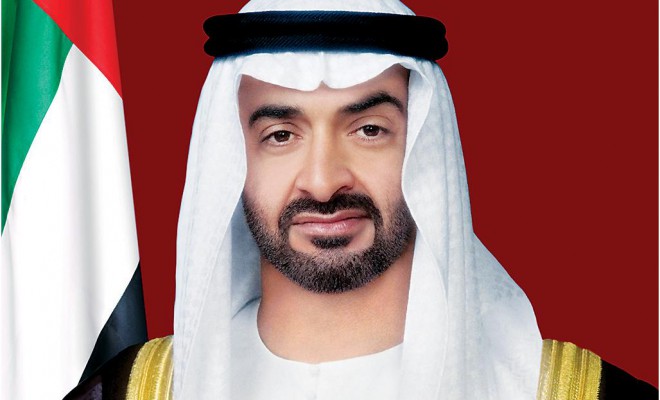
Of the 13 demands made by Saudi Arabia and the UAE in their ultimatum to Qatar, the one causing most consternation internationally is the call for al-Jazeera to be shut down. On Wednesday, the BBC's renowned World Affairs Editor, John Simpson, and David Kaye, the UN's Special Rapporteur on freedom of opinion and expression, were the latest to object.
Simpson said closure of Qatar-based broadcaster would be "serious step backwards for the whole world" and Kaye said it would be a "major blow against media pluralism".
For the Saudis and Emiratis, though, its closure would be a step towards more "responsible" journalism. “We do not claim to have press freedom," Omar Ghobash, the UAE's ambassador to Moscow told the Guardian. "We do not promote the idea of press freedom. What we talk about is responsibility in speech."
The Emiratis – as a leaked diplomatic cable shows – have had al-Jazeera in their sights for years, and shutting it down is not the most drastic solution they have ever contemplated.
In 2001, shortly before the start of the Afghan war, Qatar's emir complained to Sheikh Zayed, the UAE's president, about Mohammed bin Zayed, one of the sheikh's sons.
According to the emir, Mohammed bin Zayed – who at the time was chief of staff of the Emirati armed forces – had asked Tommy Franks, the American general in charge of CENTCOM, to bomb al-Jazeera.
Sheikh Zayed is said to have responded to the emir's complaint with the derisive reply: "Do you blame him?"
Mohammed bin Zayed's desire to bomb al-Jazeera – or rather, to have the Americans bomb it for him – doesn't seem to have harmed his career. Today, MBZ (as he is widely known) is Crown Prince of Abu Dhabi and Deputy Supreme Commander of the UAE's armed forces. Along with the Saudi Crown Prince, he is also seen as one of the key figures leading the current feud with Qatar.
The story of the Qatari emir's complaint was recounted by MBZ himself during a meeting in January 2003 with the State Department's Director of Policy Planning, Richard Haass. Describing other parts of their conversation, the leaked diplomatic cable says:
"MBZ noted that public opinion in the Arab world would be containable provided military action [the invasion of Iraq] was short and decisive. Keeping Israeli PM Ariel Sharon in his box was also important.
"Returning to a common theme in his discussions with visiting US officials, MBZ emphasised the importance of reining in the Doha-based al-Jazeera satellite network prior to any military action. He recommended against sending in journalists with war fighters – at least in the beginning – as the prospect of televising scenes of civilian casualties was just too risky.
"MBZ said it was a mystery to him why the Qataris continued to inflame public opinion via JSC [Jazeera Satellite Channel] and suggested that the US use its weight to pressure Doha."
Whether at the behest of MBZ or not, the Americans did subsequently bomb al-Jazeera (twice) – though not its Doha headquarters. In 2001, during the Afghan war, an American missile destroyed the station's office in Kabul. In 2003, during the Iraq war, another American missile hit al-Jazeera's office in Baghdad, killing reporter Tareq Ayyoub.

 RSS Feed
RSS Feed
